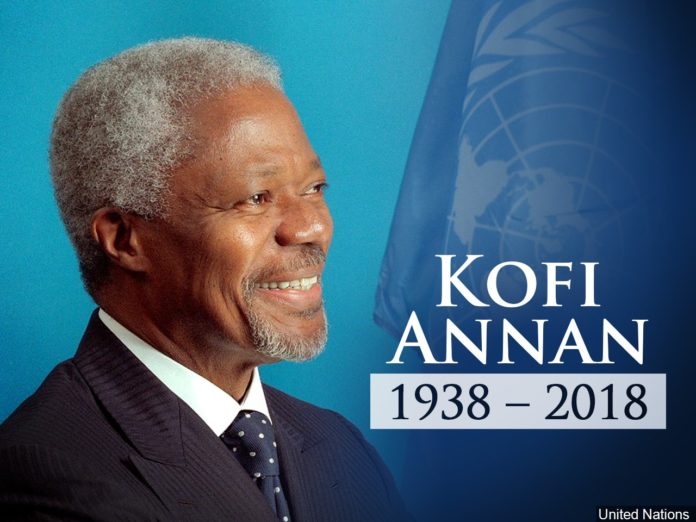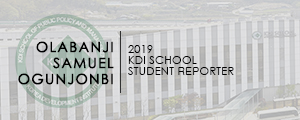
African Development Forum Holds Discourse on The Ongoing Sudan Crisis
- Date 2019-07-31 05:27
- CategoryNews
- Hit3575
 Photo: MGN Photo
Photo: MGN Photo
The ADF’s new leadership launched a new intellectual discourse series dubbed the Kofi Annan Intellectual Discourse Series at KDI School on Friday, July 19, 2019. These series aim to create a platform for KDI School students and professors alike to discuss relevant developmental issues on the continent. In its maiden diet, the topic was “Understanding the Underlying Triggers and Drivers of the Political Crisis in Sudan: Implications, Challenges, and Strategies for Sustainable Peace”. , and it was discussed by four student panelists: Mostapha Hamdy Ahmed (Egypt), Abshir Yonis Muse (Somalia), Atchulo Fairuzah (Ghana), Gafer Alhuilo (Sudan) and Professor Lee, Dong-Ok of KDI School.

The panelists agreed that the Sudan crisis is as complex as most crises in the Middle East today. In 1997, The United States imposed comprehensive economic sanctions on Sudan; this led to the genesis of Sudan’s economic woes. Sudan’s fortune was further complicated by the secession of the South in 2011 after many years of civil war under the brutal dictatorship of Omar Al Bashir. The geographic location of Sudan puts it in the heart of the United States counter terrorism war in the Sahel region – made worse due to the conflict between Washington and Khartoum. In early 2019, through mass demonstration by the citizens, Omar Al Bashir was ousted from office by the military. Protests have continued to pressure the Transitional Military Council (TMC) to hand over power to civilians. The TMC has responded by cracking down on protesters and reluctantly negotiating a transitional plan with the protests.
Despite this ongoing crisis, the discourse was hopeful as was evident from the tone of panelists. They noted the demographic advantage of Sudan with young people making up the majority of the population. They emphasized that any lasting solution to the crisis must come from the people of Sudan – the people will resist any subsequent formation of imposition, either from the military or external force. In the same vein, the leaders of the protests must identify who will be in the driver’s seat of the change to prevent chaos such as that of Libya.

Mostapha notes that the first thing Sudan must do is craft a new constitution or revise the previous one to give legitimacy to a new administration. Muse from Somalia emphasized that the people of Sudan must continue to show solidarity to sustain the pressure on the authorities. Fairuzah noted that whatever solutions are negotiated for peace must be backed by the international community, and that it would also help if such an approach is linked to regional integration. This is because countries are less likely to engage in conflicts if their economies are intertwined. Professor Lee, Dong-Ok noted the high expectations from the recent peace deal brokered by the Ethiopian Prime Minister, Abiy Ahmed. She said that authorities must acknowledge local perspectives to build up the public trust that has been eroded by the crisis – noting that governments draw their legitimacy from the trust and confidence of the people.

Related News
-
Research and Education33 days ago
Republic of Korea Economic Bulletin, October 2024#KDI #Economic #KDISCHOOL #kdischool #Economic Bulletin #Research
-
Research and Education65 days ago
Republic of Korea Economic Bulletin, September 2024#KDI #Economic #KDISCHOOL #kdischool #Economic Bulletin #Research
-
Research and Education95 days ago
Republic of Korea Economic Bulletin, August 2024#KDI #Economic #KDISCHOOL #kdischool #Economic Bulletin #Research
